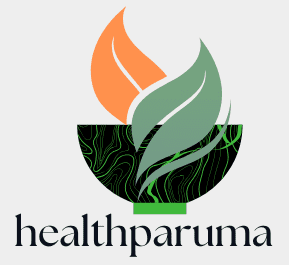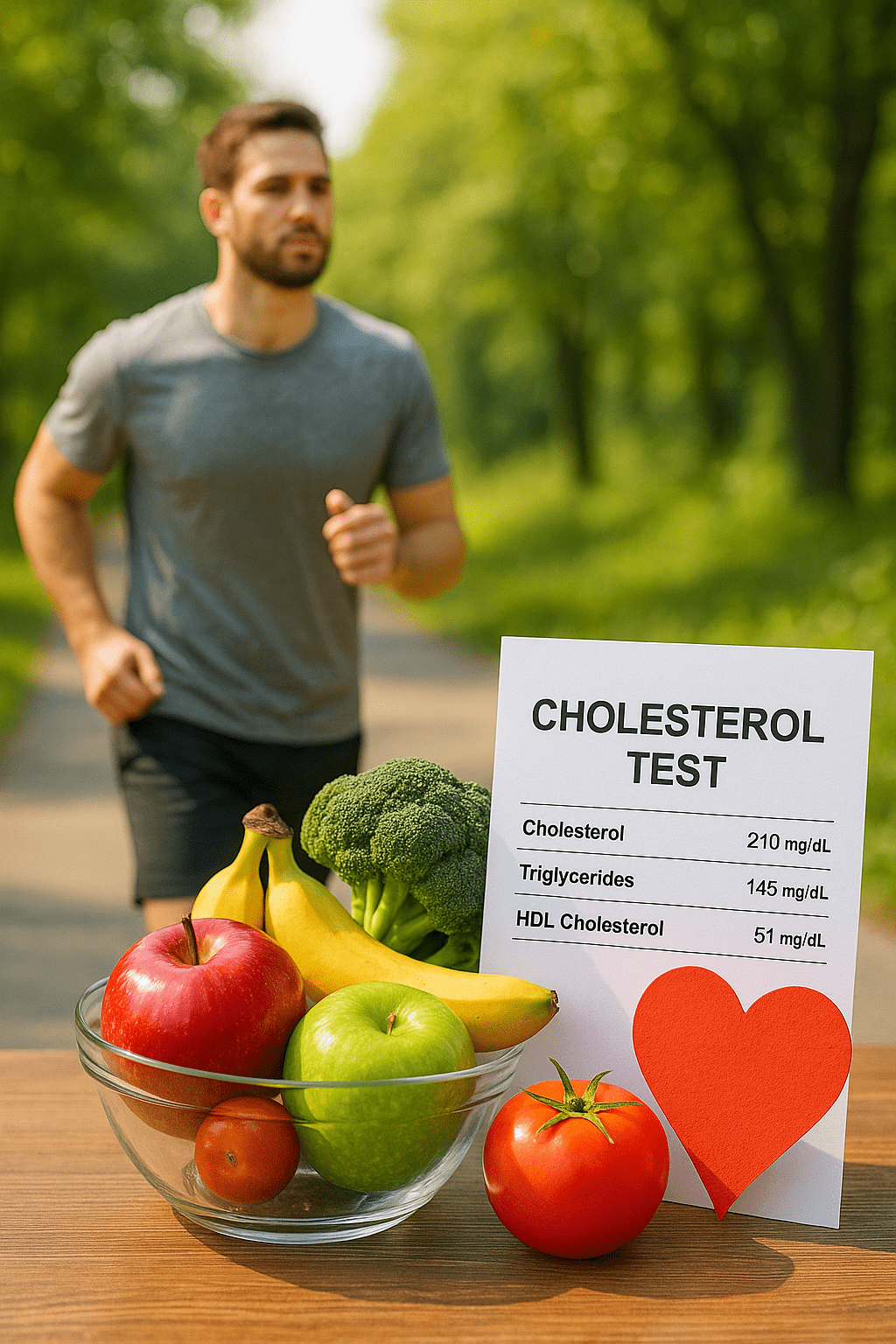Learn how to manage cholesterol naturally.
Introduction 🧬💡🏥
Cholesterol is a waxy, fatty substance naturally produced by your body, vital for creating healthy cells, synthesizing essential hormones, and supporting digestion. However, excessive cholesterol levels can pose serious health risks, such as heart disease and stroke. Understanding cholesterol, its types, risks, and management strategies is crucial to maintaining good health.
Types of Cholesterol 🩸🔍📌
1. Low-Density Lipoprotein (LDL)
Often labeled as “bad cholesterol,” LDL can build up in artery walls, leading to atherosclerosis—a significant cause of heart attacks and strokes.
2. High-Density Lipoprotein (HDL)
Known as “good cholesterol,” HDL helps remove LDL cholesterol from your bloodstream, transporting it back to your liver to be processed and eliminated from the body.
3. Triglycerides
Triglycerides store excess energy from your diet. High triglyceride levels, combined with high LDL or low HDL, increase heart disease risk.
Understanding Cholesterol Levels 📈💉📊
Cholesterol levels are measured in milligrams per deciliter (mg/dL). According to the American Heart Association:
- Total Cholesterol:
- Desirable: Below 200 mg/dL
- Borderline High: 200-239 mg/dL
- High: 240 mg/dL and above
- LDL Cholesterol:
- Optimal: Below 100 mg/dL
- Near Optimal: 100-129 mg/dL
- High: 160-189 mg/dL
- Very High: 190 mg/dL and above
- HDL Cholesterol:
- Optimal: Above 60 mg/dL
- Risk: Below 40 mg/dL for men and 50 mg/dL for women
Causes and Risk Factors ⚠️🚬🍔
Several factors contribute to high cholesterol levels:
- Poor Diet: High in saturated fats, trans fats, and cholesterol
- Sedentary Lifestyle: Lack of regular exercise
- Smoking: Damages artery walls, lowering HDL levels
- Obesity: Associated with higher LDL and triglycerides
- Genetics: Familial hypercholesterolemia can cause high LDL cholesterol
- Age and Gender: Risk increases with age; women post-menopause have higher LDL
Health Risks Associated with High Cholesterol 🚨🫀🚑
Uncontrolled cholesterol levels significantly increase risks of:
- Coronary Artery Disease: Cholesterol buildup narrows arteries, reducing blood flow.
- Stroke: Arterial blockage in the brain caused by cholesterol deposits.
- Peripheral Artery Disease: Cholesterol accumulation leading to reduced blood flow in limbs.
- Hypertension: High cholesterol contributes to artery stiffness.
Expert Insights and Medical References 🧑⚕️📚🔬
According to the National Institutes of Health (NIH), managing cholesterol effectively can reduce cardiovascular risks dramatically. Dr. Alice Roberts, a renowned cardiologist, emphasizes the importance of lifestyle changes in maintaining optimal cholesterol levels:
“Consistent exercise, balanced diet, and regular screenings are essential components of cholesterol management. Medication alone is not a sustainable solution.” – Dr. Alice Roberts, MD, Cardiologist.
A study published in the Journal of the American College of Cardiology underscores the efficacy of dietary interventions, like the Mediterranean diet, in significantly lowering LDL levels.
Effective Cholesterol Management Strategies 🍏🏋️♂️🧘♀️
Dietary Changes
- Increase fiber intake (fruits, vegetables, whole grains).
- Opt for unsaturated fats (olive oil, nuts, fish).
- Reduce saturated fats (fatty meats, dairy).
- Limit trans fats found in processed foods.
Physical Activity
- Engage in moderate to intense exercise (150 minutes per week).
- Combine aerobic exercises (walking, cycling) with resistance training.
Lifestyle Modifications
- Quit smoking to improve HDL levels.
- Manage stress through mindfulness practices.
- Maintain a healthy body weight.
Medications
- Statins (common medications reducing LDL cholesterol)
- Fibrates and Niacin (effective in lowering triglycerides)
- PCSK9 inhibitors (for genetic high cholesterol conditions)
FAQ About Cholesterol ❓📖💡
Q1: How often should I check my cholesterol levels?
- Adults should check every 4-6 years. If at higher risk, more frequent checks may be necessary.
Q2: Can cholesterol be too low?
- Rarely, extremely low cholesterol can be associated with other health risks, including hormonal imbalance.
Q3: Are eggs bad for cholesterol?
- Eggs are safe in moderation. One egg per day does not significantly increase cholesterol levels in most individuals.
Q4: Can exercise alone lower cholesterol?
- Exercise significantly lowers LDL and raises HDL but is most effective combined with diet and lifestyle changes.
Take Control of Your Cholesterol Today! 🎯🛒💊
Managing cholesterol is critical for overall health and wellness. Begin your journey to healthier living by choosing quality supplements and guidance.
Explore Top Cholesterol Management Supplements
Conclusion 🌟🔑🌱
Cholesterol management involves understanding its types, maintaining healthy levels through diet, exercise, and lifestyle modifications. Regular monitoring, expert advice, and proactive management can significantly reduce your cardiovascular risks and enhance your quality of life. Empower yourself today by taking charge of your cholesterol!

